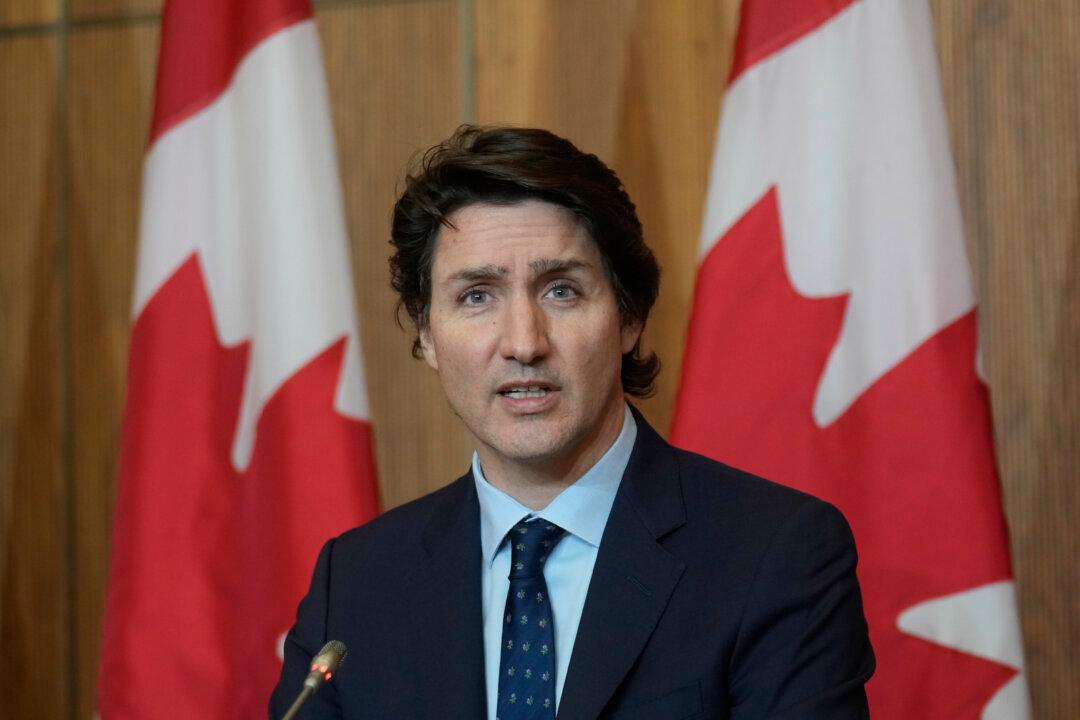A top federal official said on Nov. 14 that discussions Ottawa held with provinces on how to clear convoy protests counted as consultation for the use of Emergencies Act. His comments come amidst claims by some provinces that the federal government had made the decision to invoke the act before consulting with them as required by law.
“We had been actively engaged for over two weeks, with a variety of concerned parties, including police of jurisdiction, RCMP, federal, provincial officials, and we were not on the face of it asking the question ‘should we invoke the Emergencies Act?’ We were asking, what tools do you need? What are you facing in terms of challenges? How can we work together to overcome these challenges?” testified former deputy minister of Public Safety Rob Stewart at the Public Order Emergency Commission.





